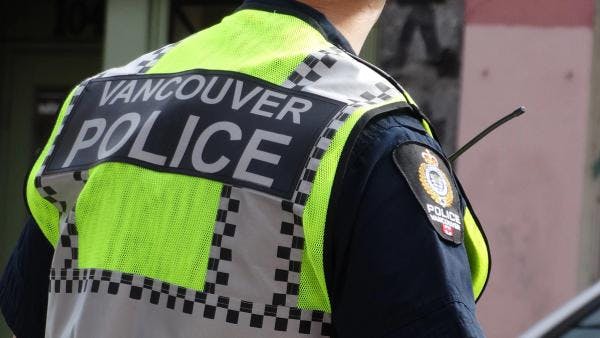British Columbia Emergency Photography - Flickr - CC BY-NC 2.0 - https://flic.kr/p/rmDbpv
Canada : Le seuil de décriminalisation de la Colombie-Britannique a été fixé pour la police, et non pour les personnes usagères des drogues
Les activistes ont dénoncé le fait que la mesure suppose des fonds supplémentaires pour la police et, par le biais de seuils très bas, perpétue l'intervention de la police dans la vie des personnes usagères des drogues. Pour en savoir plus, en anglais, veuillez lire les informations ci-dessous.
British Columbia is about to become the first Canadian province to decriminalize personal possession of some state-banned drugs—a move that media and government officials are widely touting as progressive. As drug users who work in frontline harm reduction, we do not share this view.
On January 31, a temporary exemption to Canada’s federal Controlled Drugs and Substances Act will decriminalize personal possession, by adults over 18, of opioids, methamphetamine, cocaine and MDMA. The exemption will remain in effect for the next three years. It sets the threshold of personal possession at a cumulative 2.5 grams.
This threshold does not reflect true buy-in from the people it purports to serve.
“In my experience as a longtime drug user and [overdose prevention site] supervisor, everyone has different tolerances, so they use and carry different amounts,” Vancouver Area Network of Drug Users (VANDU) President Kevin Yake told Filter. “Two-and-a-half grams … that’s breakfast for a guy like me, not three days of supply. I don’t agree with the thresholds at all.”
Health Canada, which is well aware of this and has the authority to rectify it, did not provide responses to Filter‘s inquiries about threshold amounts.
